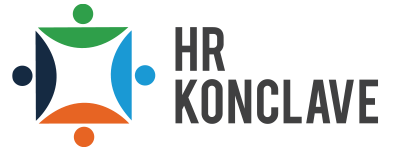Welcome to HR Konclave 2025
Navigating the Hybrid Future: Agile, Adaptive and Integrated Workplaces
The workplace is evolving at an unprecedented pace. Hybrid work models, digital transformation, and shifting employee expectations demand a new approach to HR leadership. Multifaceted challenges and exciting opportunities are presented by the widespread adoption of hybrid work models. It necessitates that HR professionals are well equipped with the knowledge, strategies, and tools necessary to build workplaces that are not only flexible but also inherently agile, adaptive, and seamlessly integrated. Technological advancements, employee expectations, and the lessons learned from remote work experiences have led to the popular and fast rise of hybrid work. Hybrid work models have been addressing the changing demands of the workforce – be it work life balance, flexibility and autonomy.




